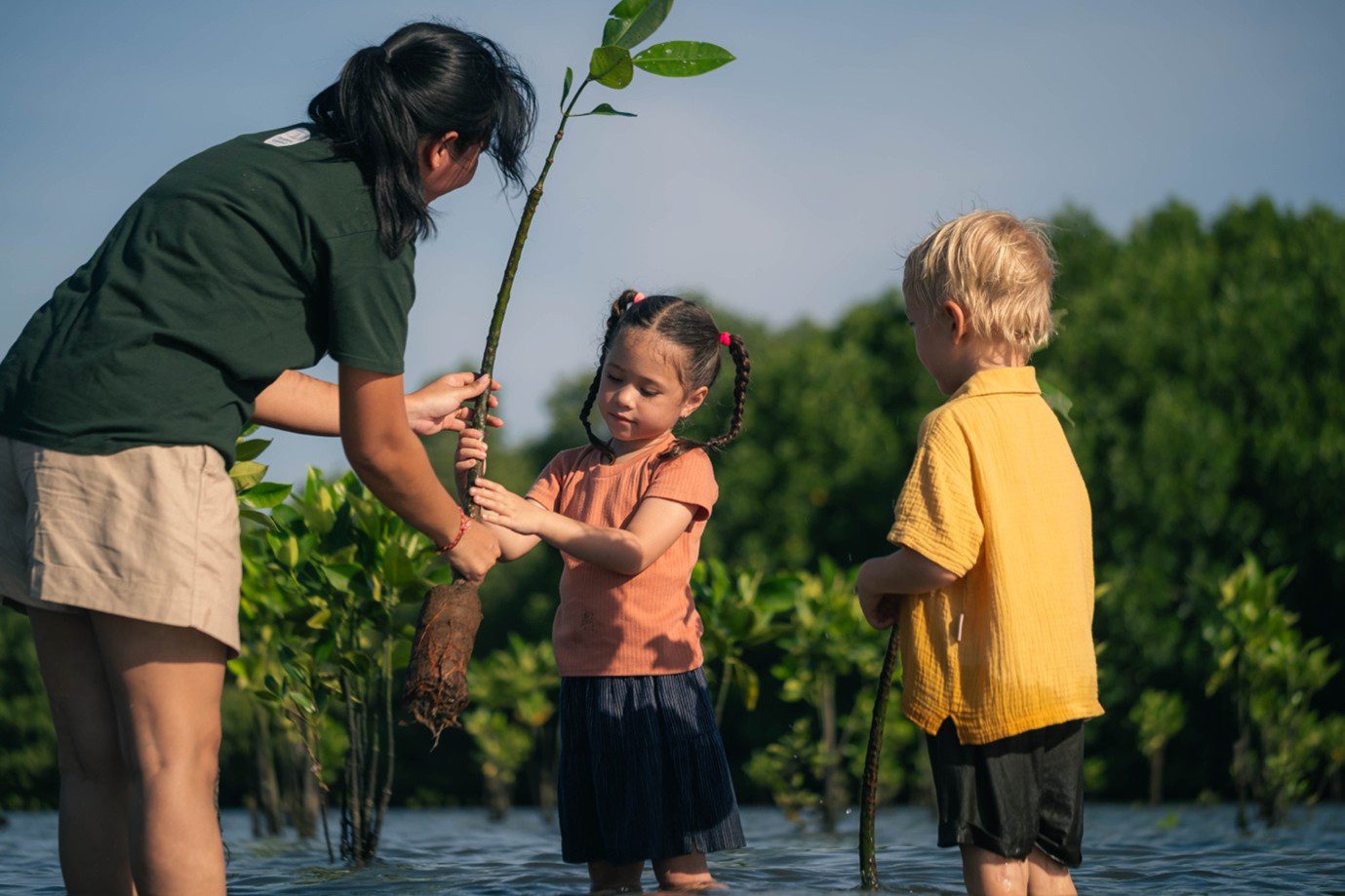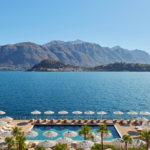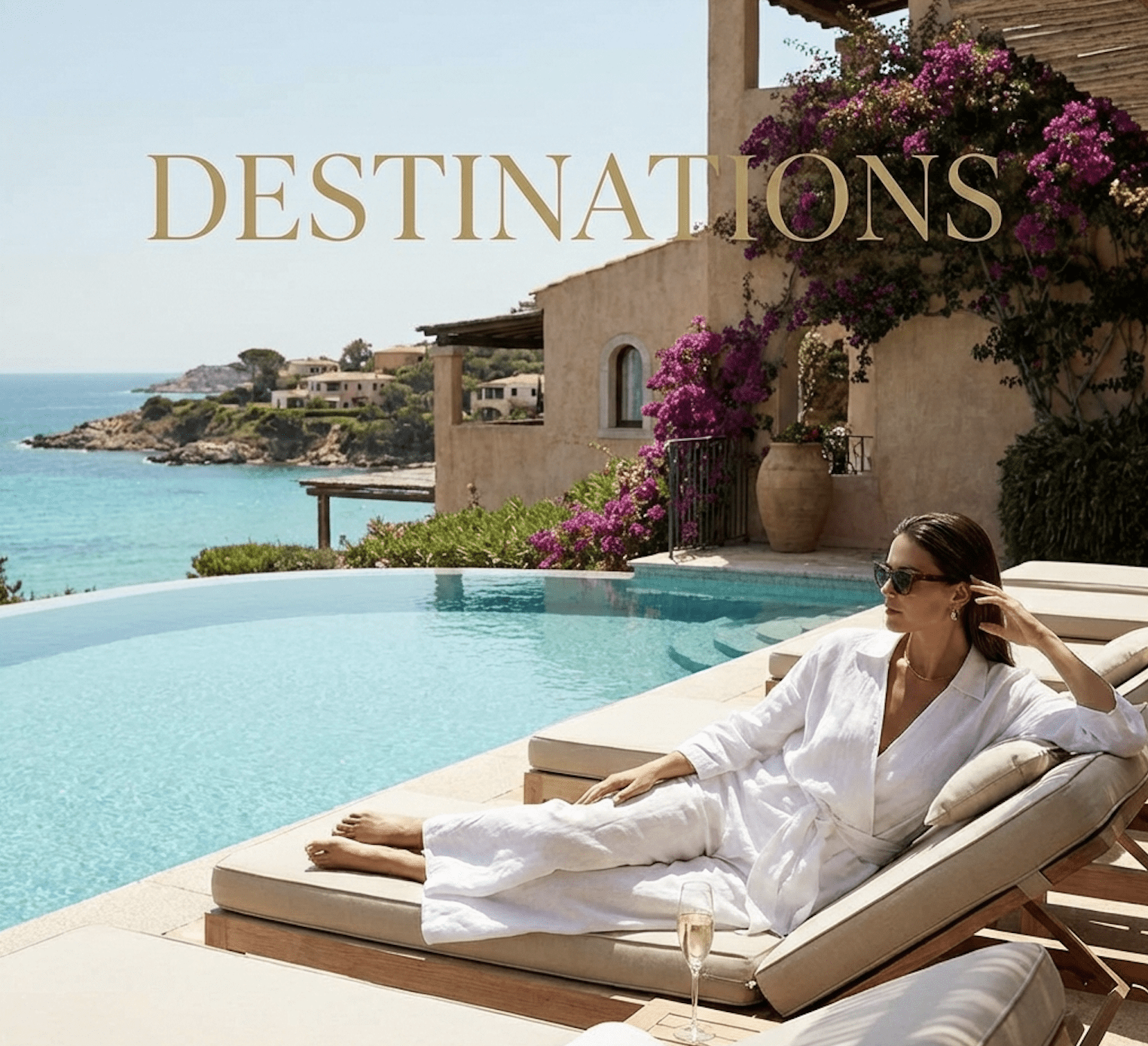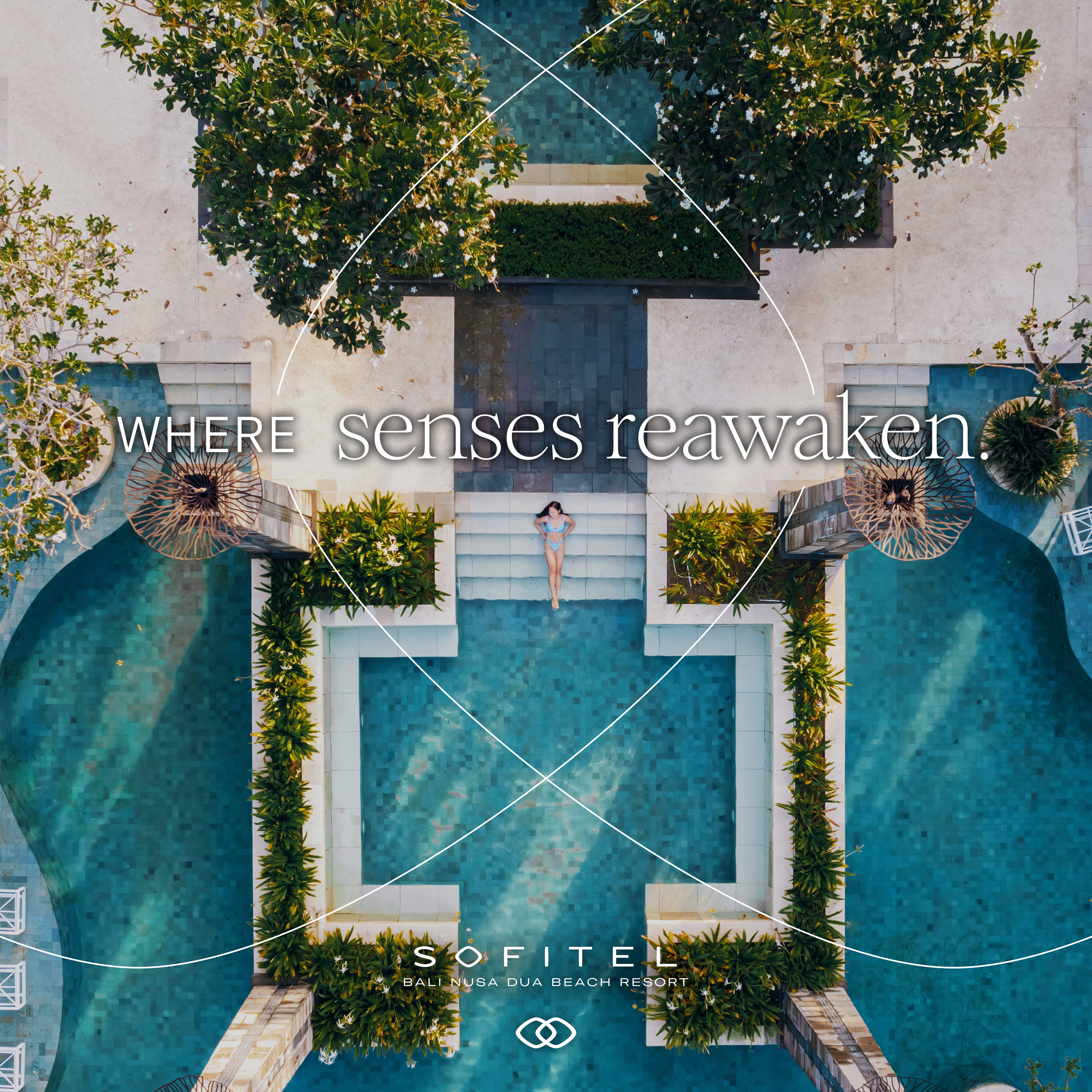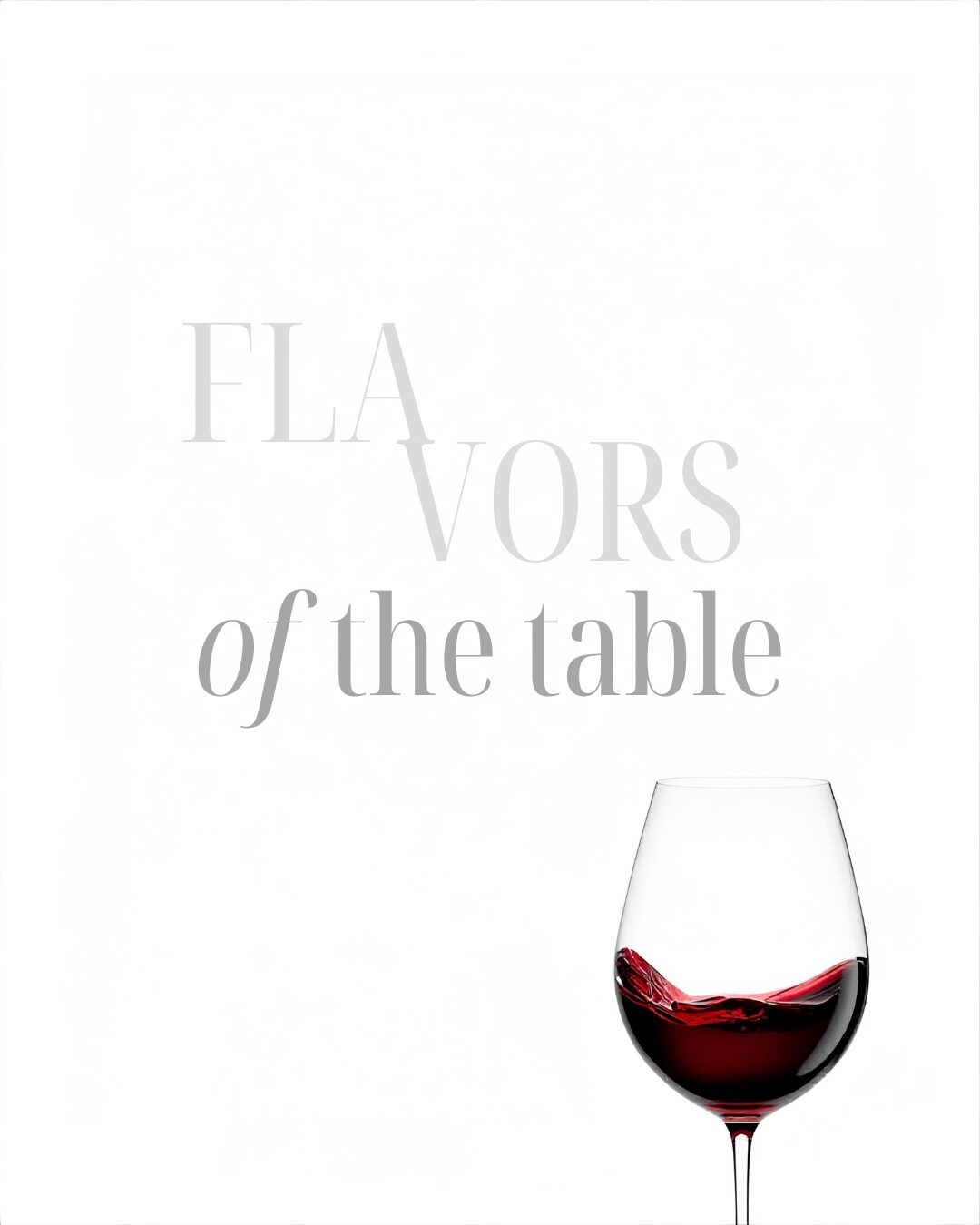As autumn’s golden light bathes destinations worldwide, September and October 2025 mark a pivotal moment in luxury hospitality, where environmental consciousness has become the ultimate status symbol.
The definition of luxury is undergoing its most profound transformation in decades. Today’s affluent travellers are no longer satisfied with mere opulence; they demand experiences that nourish both soul and planet. This shift has given birth to a new paradigm where sustainability isn’t just an add on, it’s the very essence of modern luxury.
Why September – October 2025 is the Perfect Season for Sustainable Luxury
The shoulder season between summer’s intensity and winter’s chill offers the ideal backdrop for this revolution. With fewer crowds dispersing across destinations, travellers can embrace slow, mindful journeys that allow deeper connections with both place and purpose. The temperate months create natural opportunities for outdoor experiences, harvest celebrations, and energy efficient operations at resorts worldwide.
Luxury properties are seizing this seasonal sweet spot to showcase their most innovative sustainability programs. From Fiji’s new electric coach fleets gliding silently through tropical landscapes to European wine estates offering carbon neutral harvest experiences, the industry is proving that responsible travel can be more luxurious than its conventional counterpart.
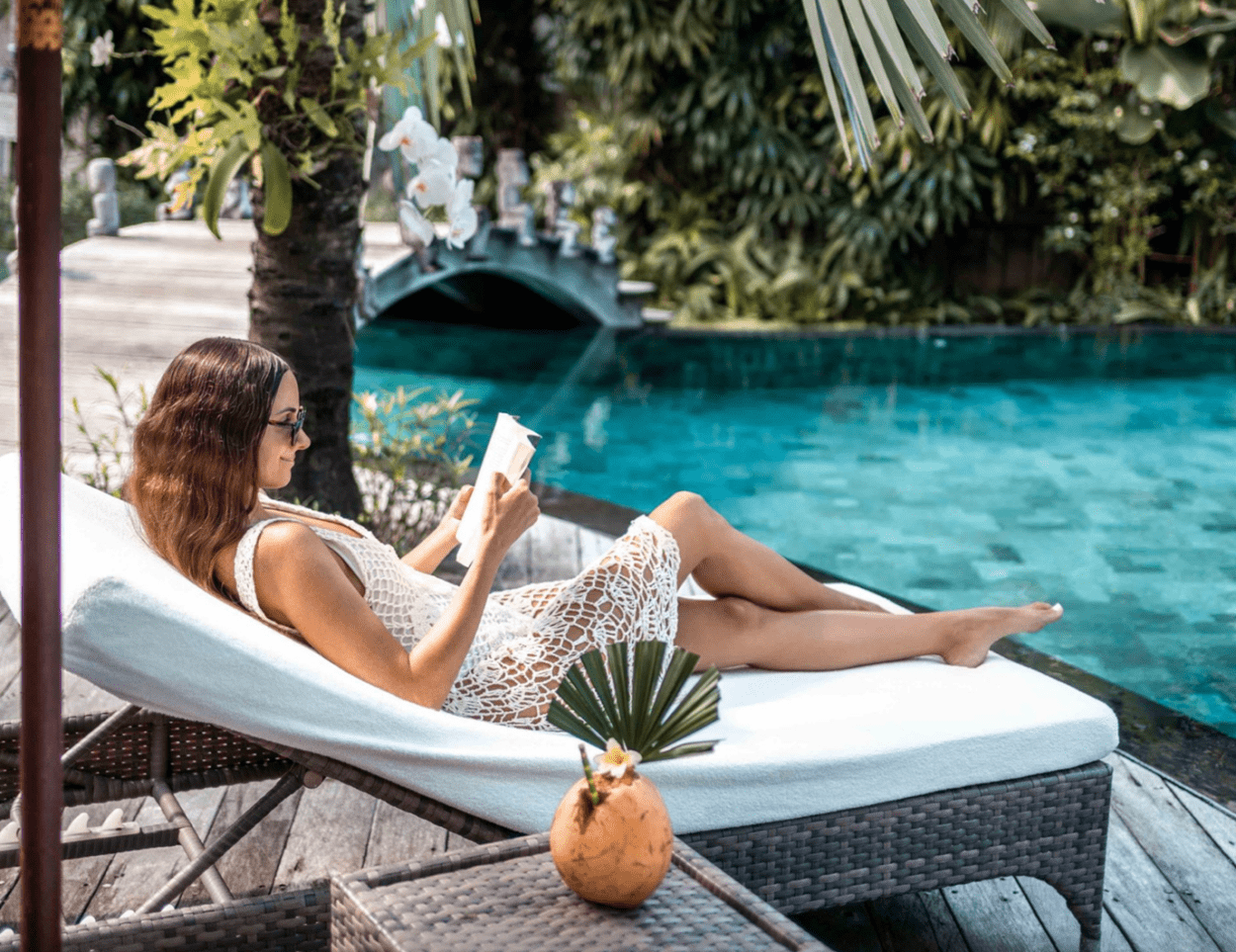 Image source: Blue Karma Bali
Image source: Blue Karma Bali
The New Language of Luxury
Gone are the days when luxury meant simply infinity pools and butler service. Today’s discerning travellers speak fluent sustainability, seeking accommodations that seamlessly blend indulgence with environmental stewardship. The new luxury vocabulary includes terms like biophilic design, regenerative tourism, and circular economy, concepts that would have seemed foreign in boardrooms just five years ago.
Modern luxury resorts are architectural marvels that work in harmony with their surroundings. Solar panels are artfully integrated into rooflines, rainwater collection systems become sculptural elements, and locally sourced materials tell the story of place through design. These properties don’t hide their sustainable features, they celebrate them as the pinnacle of sophisticated hospitality.
The revolution is evident in everything from renewable energy systems that power entire resorts to zero-waste operations that turn food scraps into fertile soil. Travellers increasingly view these initiatives not as sacrifices, but as enhancements to their luxury experience.
 Image source: Mövenpick Resort & Spa Jimbaran Bali
Image source: Mövenpick Resort & Spa Jimbaran Bali
Sustainable Journeys, Elevated
The journey itself has become part of the sustainable luxury narrative. Thoughtful resorts now offer electric transfers that move quietly through pristine landscapes and partnerships with airlines exploring biofuel alternatives. These “low footprint, high style” approaches demonstrate that reducing environmental impact can enhance rather than compromise the travel experience.
Eco friendly practices are seamlessly integrated into operations while maintaining the highest standards of guest satisfaction, ensuring every travellers enjoys a revitalizing and responsible stay. Simple yet effective initiatives like providing travellers with signs to indicate their preference for linen and towel replacement, or keeping them throughout their stay, eliminate unnecessary laundering while respecting their choice. Comprehensive water waste management systems capture and reuse greywater for landscape irrigation, while low-flow fixtures and smart monitoring reduce consumption without affecting comfort.
Private villas constructed from reclaimed materials showcase how sustainability can be both exclusive and responsible. Wellness spas cultivate their own organic botanicals, creating treatments that connect travellers directly to the land. These experiences offer something increasingly valuable: authenticity rooted in genuine environmental stewardship rather than superficial gestures.
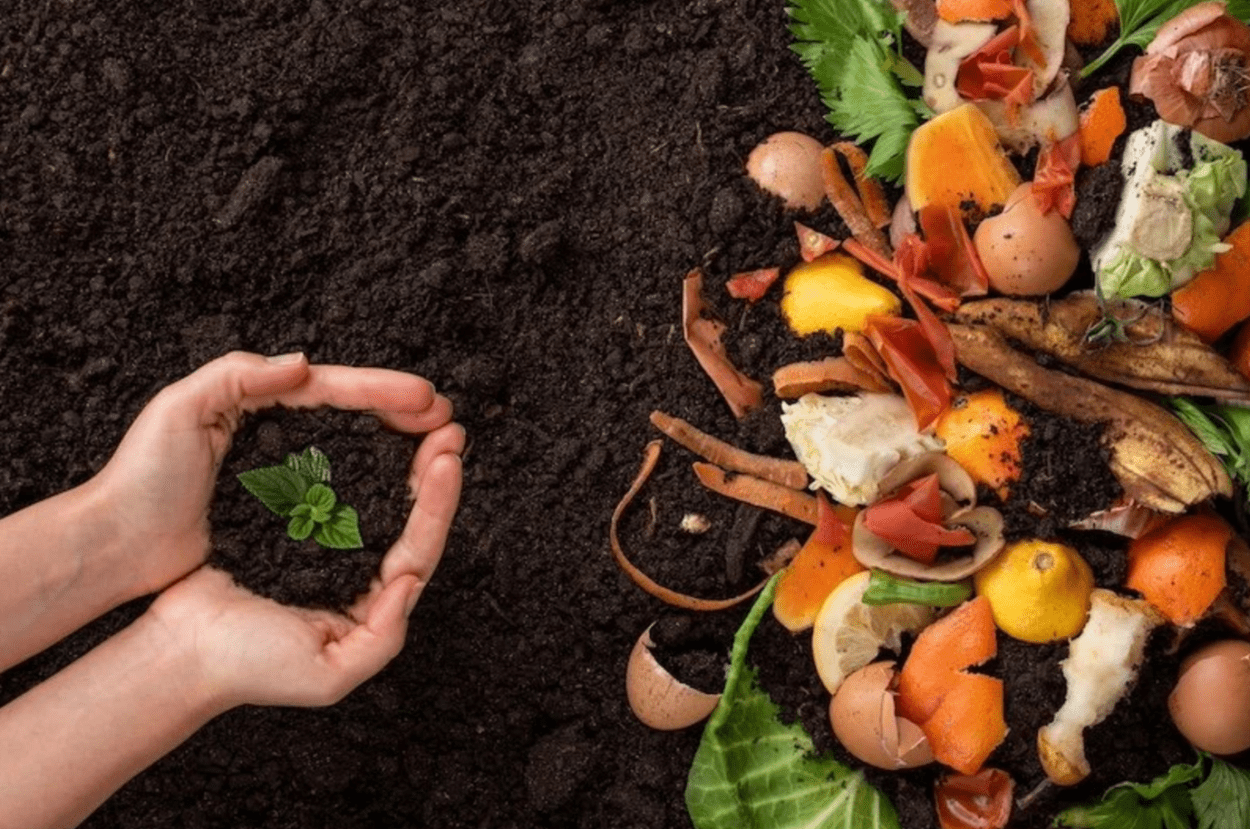
Local, Seasonal, Regenerative Dining
Luxury hospitality is redefining the farm-to-table movement into something more immersive and regenerative. In many regions, September and October signal grape harvests or rice gathering, but at leading resorts the story goes further. Hydroponic gardens and permaculture plots now supply in-house restaurants, with some properties producing enough to cover much of their own culinary needs. Beyond sourcing, many are partnering with farmers to restore heritage crop varieties, creating closed-loop systems where kitchen waste is transformed into organic compost for tomorrow’s harvest.
For travellers, this shift is no longer behind the scenes. Travellers are invited to step into the gardens, pick fresh fruits and vegetables, and join chefs in preparing meals that embody the season. Cooking and dining become part of the journey itself—an experience where terroir, sustainability, and indulgence come together in the most tangible way. These initiatives don’t just reduce food miles; they regenerate landscapes, enrich communities, and turn dining into a deeper connection with place.
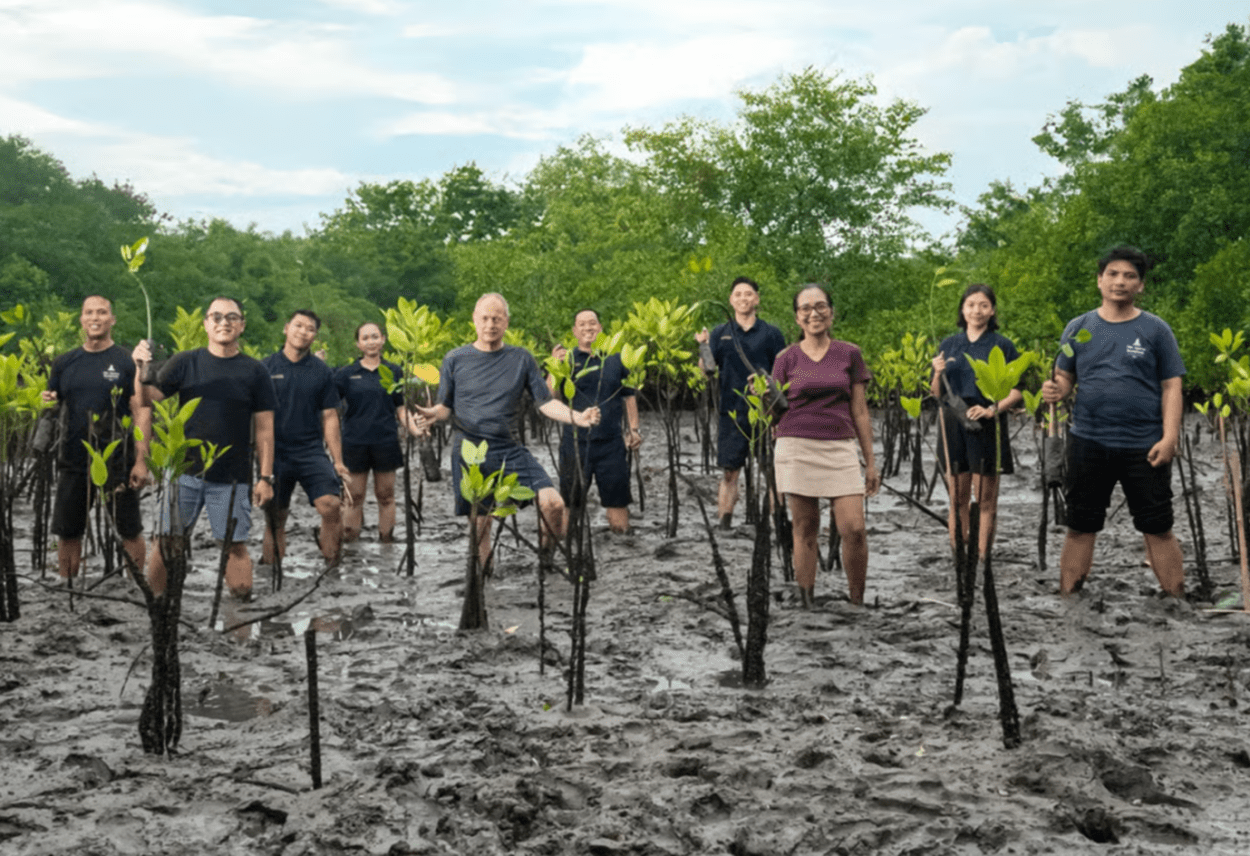 Image source: The Apurva Kempinski Bali
Image source: The Apurva Kempinski Bali
Immersive Sustainability: Learning and Giving Back
Perhaps the most transformative aspect of sustainable luxury travel is its emphasis on meaningful engagement. Travellers don’t simply observe; they participate, joining coral reef restoration dives, planting mangrove seedlings, taking part in turtle release programs, or walking through forests for healing and conservation. Many resorts also offer artisanal craft workshops that preserve traditional knowledge while supporting local communities, turning travel into a meaningful exchange rather than a passive escape.
These experiences offer something increasingly rare in luxury travel: the opportunity to leave a place better than you found it. Whether it’s participating in mangrove restoration, learning traditional farming techniques, or supporting local artisan cooperatives, today’s luxury travellers are seeking impact alongside indulgence.
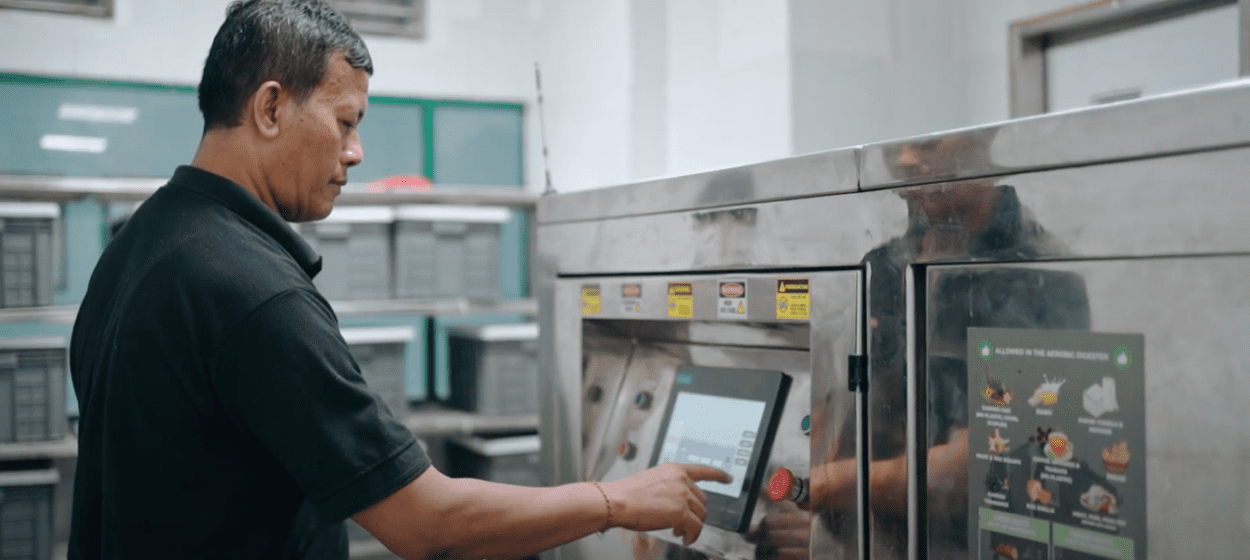 Image source: The Westin Resort Nusa Dua, Bali, Food waste machine
Image source: The Westin Resort Nusa Dua, Bali, Food waste machine
Leading by Example: Bali’s Sustainable Luxury Pioneers
Indonesia’s luxury hospitality scene exemplifies this transformation, with properties across Nusa Dua demonstrating that sustainability and luxury are not just compatible, they’re inseparable. These resorts are redefining what it means to provide five-star experiences while actively contributing to environmental restoration and community development.
The Apurva Kempinski Bali, exemplifies a holistic vision of sustainable luxury. Its rooftop hydroponic gardens supply fresh produce directly to the resort’s restaurants, while comprehensive carbon footprint tracking and ambitious mangrove restoration projects reinforce its environmental commitment. Beyond ecology, its dedication to social sustainability is equally noteworthy: by December 2023, over 21% of its workforce came from surrounding communities.
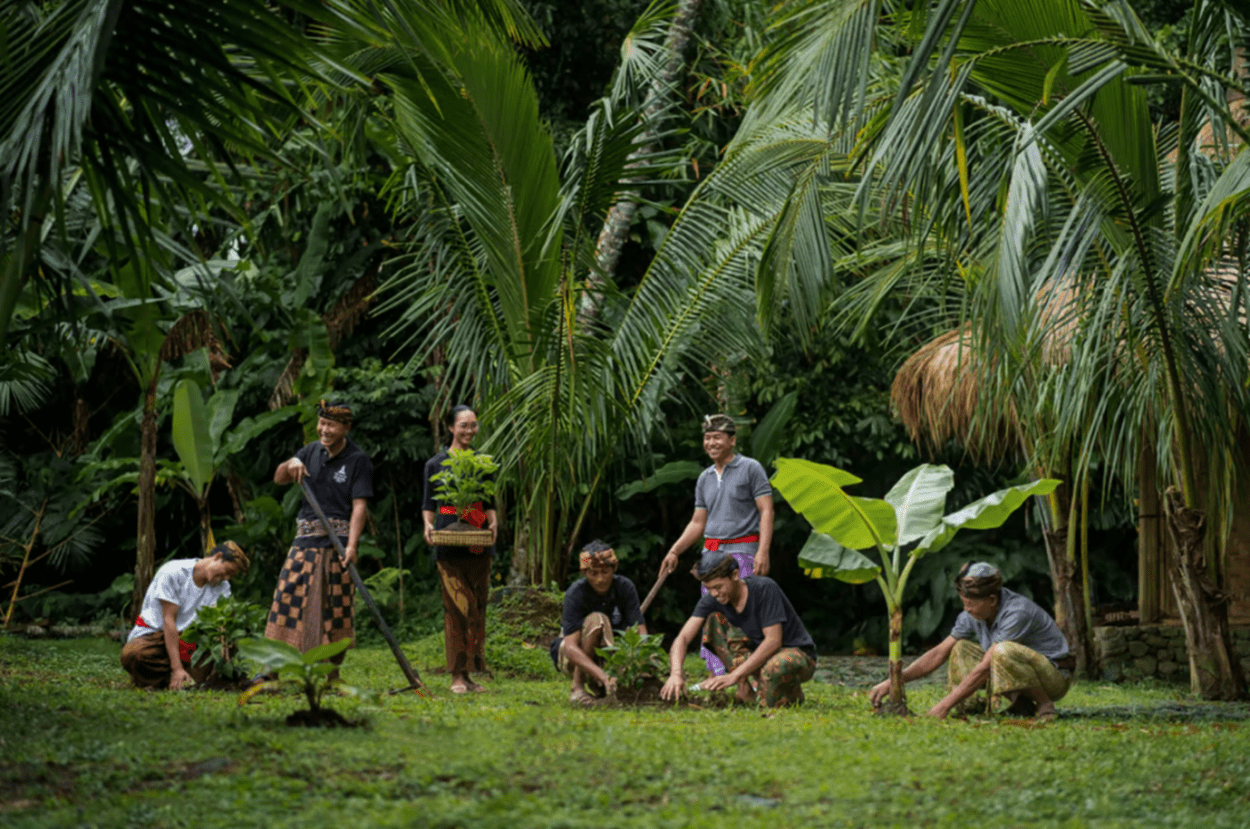 Image source: The Apurva Kempinski Bali
Image source: The Apurva Kempinski Bali
The resort’s Sustainable Agriculture program, developed in partnership with Samsara Living Museum, educates local farmers in eco-friendly techniques and creates direct supply channels that bypass middlemen, building a more equitable economy while delivering five-star quality ingredients for the resort’s pioneering initiatives. This commitment was further underscored during the Path to Sustainable Growth 2025 summit, where the resort calculated its carbon footprint across venues, accommodation, food, beverages, and transportation, revealing a total of 6,537.75 kgCO2e. Offsetting this would require the carbon sequestration of 725 mangrove trees or 98 jackfruit trees over three years, a challenge The Apurva Kempinski Bali has pledged to meet. With the ultimate goal of becoming Indonesia’s first carbon-neutral hotel, the resort demonstrates that sustainability is not a side note to luxury, but its defining essence.
Mövenpick Resort & Spa, Jimbaran Bali leads with comprehensive daily energy consumption analysis tied to occupancy levels, sophisticated solar energy systems, and innovative waste management programs that transform organic waste into nutrient rich fertilizers. Their commitment extends beyond operational efficiency to biodiversity conservation through their Stingless Bee House Sanctuary, proving that luxury properties can serve as guardians of local ecosystems. The elimination of single-use plastics from room amenities and reduced daily linen changes show how operational adjustments create significant environmental benefits without compromising travellers comfort.
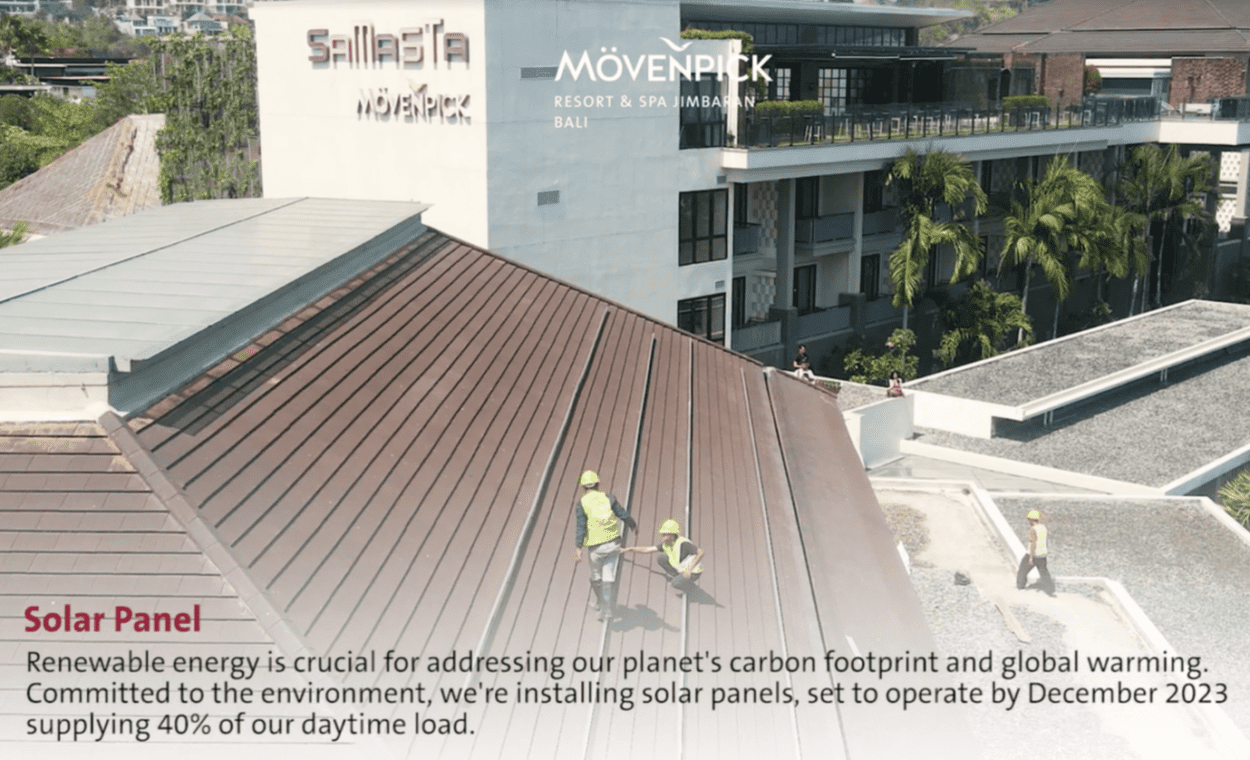 Image source: Mövenpick Resort & Spa Jimbaran Bali
Image source: Mövenpick Resort & Spa Jimbaran Bali
The Westin Resort Nusa Dua, Bali, has positioned itself as the leading wellness-focused resort through groundbreaking renewable energy initiatives. Their 807 kWp solar energy system generates 1,237,735 kWh of clean energy annually, reducing CO₂ emissions by 840,422 kg each year and projecting a total offset of 19,565,134 kg over its 25-year lifetime. This system provides energy at a 20% discount compared to conventional rates, saving an estimated IDR 24.9 billion over 25 years. Their innovative compost machine transforms organic kitchen waste into nutrient-rich compost daily, supporting a circular food cycle that enriches the resort’s gardens and fosters biodiversity.
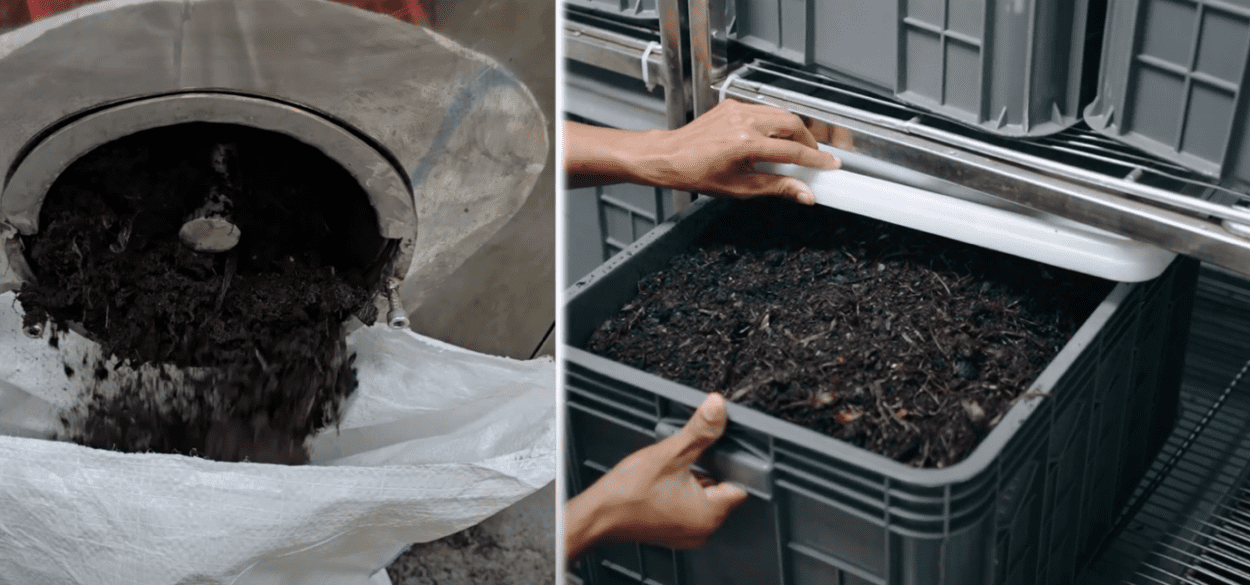 Image source: The Westin Resort Bali, Nusa Dua, Food waste composed
Image source: The Westin Resort Bali, Nusa Dua, Food waste composed
At Blue Karma Secrets, sustainability is woven into every detail. Across Seminyak, Ubud, and Umalas, boutique sanctuaries are built with reverence for tradition and the environment: iconic Joglo houses crafted entirely from reclaimed wood, lush gardens designed with permaculture principles, and architecture that blends seamlessly into the island’s rhythms.
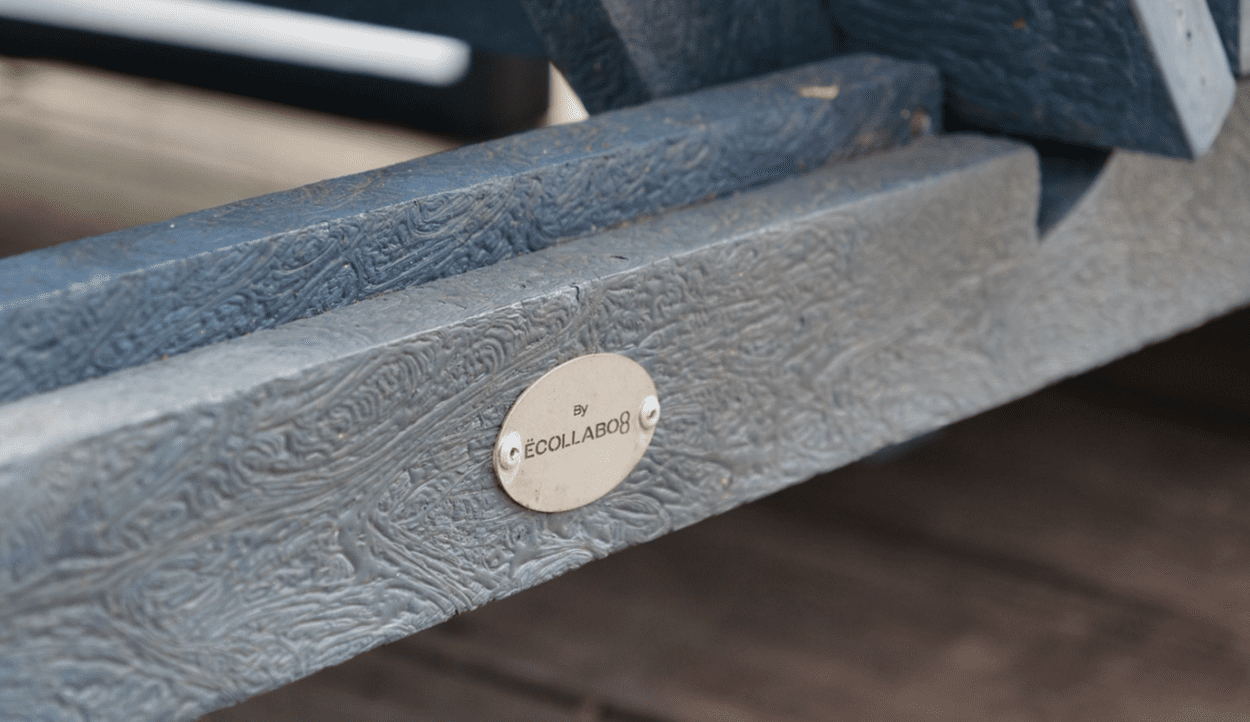
Single-use plastics have been completely eliminated, while used cooking oil is donated to local recycling programs, turning waste into community resources. The brand’s partnership with ECOLLABO8 transforms discarded plastics into stylish, durable daybeds, showcasing a commitment to circular economy solutions. Even the smallest choices, like reduced packaging and thoughtful sourcing, reflect an ethos of conscious care.
Travellers don’t just check in, they join a philosophy of responsible hospitality, where comfort meets conscience and every stay contributes to preserving Bali’s ecosystems and supporting its communities.
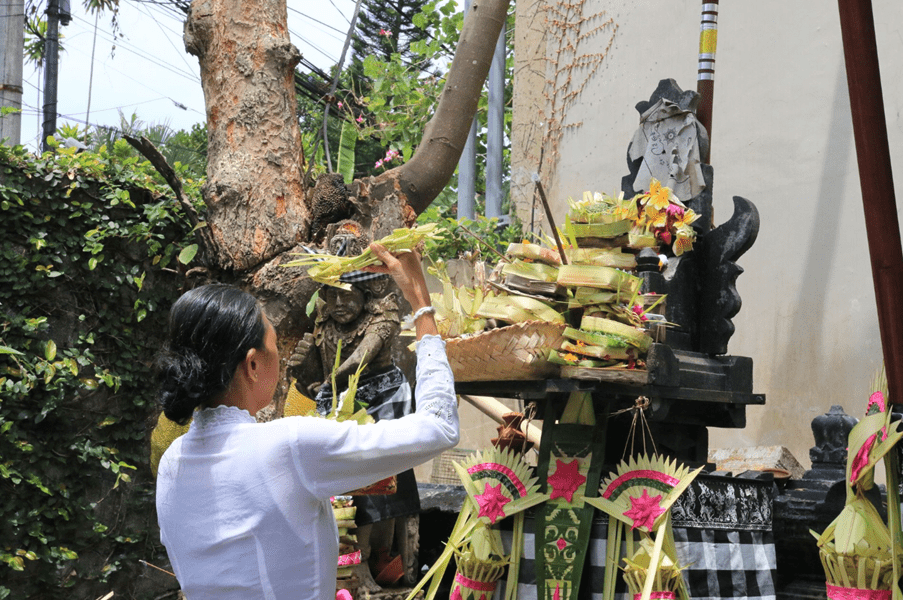 Image source: Blue Karma Secrets
Image source: Blue Karma Secrets
The Cultural Dimension
Sustainable luxury travel also embraces cultural preservation as a core principle. Leading properties are becoming custodians of local traditions, from supporting traditional craft workshops to preserving indigenous building techniques and culinary traditions. This cultural stewardship adds layers of authenticity that cannot be replicated, creating truly exclusive experiences rooted in place and community.
Looking Forward: The Golden Future
Sustainable luxury travel is no longer a seasonal trend, it is a fundamental redefinition of hospitality itself. Environmental responsibility now enhances, rather than diminishes, the essence of luxury, creating experiences that feel more exclusive, authentic, and meaningful. For today’s discerning travellers, the message is unmistakable: the finest journeys are those that leave the lightest footprint and the greatest positive impact. True indulgence lies in traveling responsibly, in ways that enrich both the travellers and the destination.

